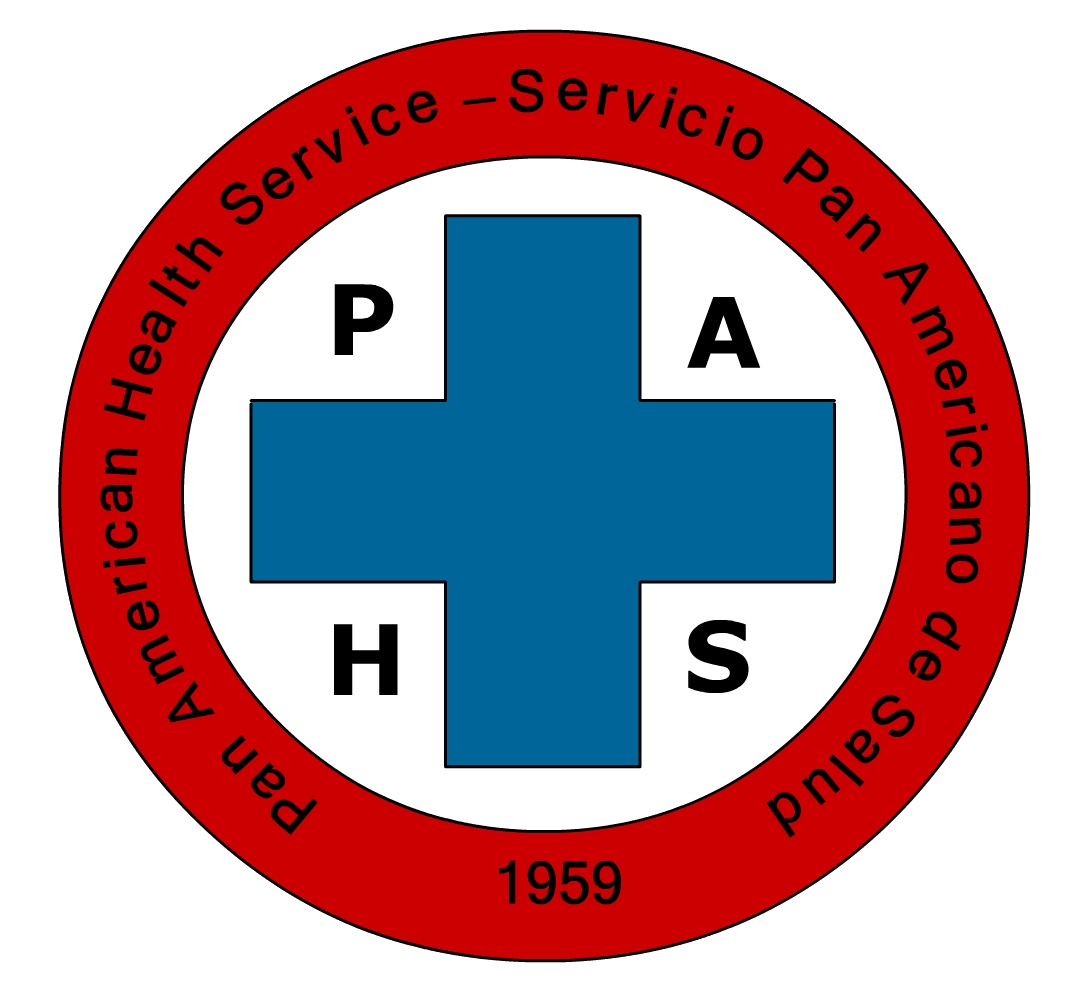50th Anniversary of our Children’s Nutritional Rehabilitation Center
/Dr Youngberg and His Wife Verlene in Front of the Nutritional Hospital in the 60’s
On this day, February 3rd, fifty years ago, Dr. Stephen Youngberg and his wife, Verlene Youngberg, RN opened their Clinic up to three severely malnourished children in critical condition, to give them special care. On that day February 3, 1965 in an old military tent serving as the first facility the Nutritional Rehabilitation Hospital was brought into existence. Of those three critically ill children only one survived the crisis produced by their lack of nourishing food. Sadly help arrived too late for two of the children who died in the first day of treatment. Too weak to continue their fight, the loss of their lives was a grim reminder of the importance of good food and the urgency of working on the prevention of the deadly illness produced by hunger. Fifty years have passed since that first Admission Day in 1965, and thousands of lives being stalked by hunger have been saved from a sure death.Today, February 3, 2015 our Nutritional Rehabilitation Center has 15 little children in various stages of recovery from malnutrition – children who have been given a second chance in life – whose joy and smiles foretell a bright and promising future for the country of Honduras. As we look back at our first 50 years of serving children, and as we stop to count the multitude of blessings we have received in transforming many lives, we appreciate the fact that this has been a team effort between Pan American Health Service, the Providence of our Divine Creator, and the support and trust of thousands of people who donate for our mission. Today, with joy and thanksgiving we celebrate an important milestone in our history, the 50th Anniversary of the Children’s Nutritional Rehabilitation Center. Thank you for being part of our success!












